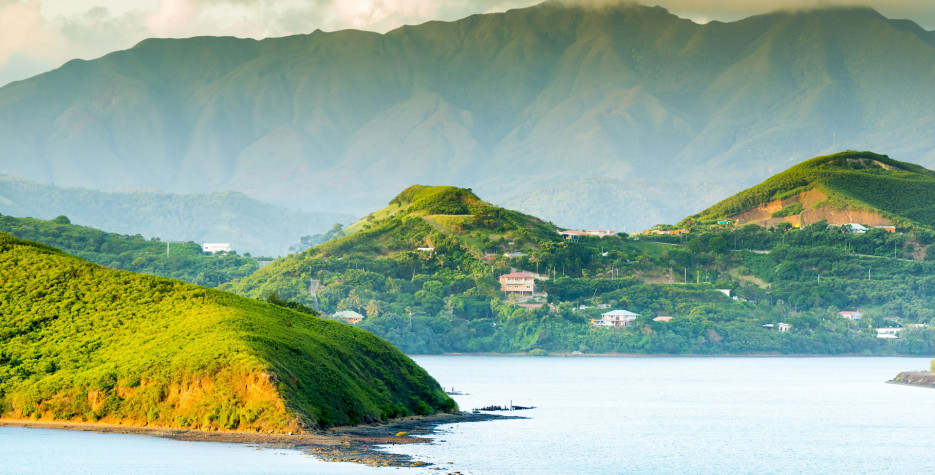When is Citizenship Day?
Citizenship Day is a public holiday observed in New Caledonia on September 24th each year.
Also known as New Caledonia Day, this is New Caledonia's National Day and commemorates the day in 1853 when French Admiral Auguste Febvrier-Despointes declared French sovereignty over New Caledonia in the name of Emperor Napoleon III, Napoleon's nephew and heir.
History of Citizenship Day
This group of remote islands in the southwest Pacific Ocean first encountered Europeans when Captain Cook sighted the main island (the third-largest island in the Pacific) in September 1774. The rugged coast reminded him of Scotland and named it New Caledonia (Caledonia is the Latin name for Scotland).
Over the next 70 years, further contact was sporadic, with explorers and whalers stopping off infrequently. As usual, interest in obtaining natural resources sparked a European interest in 'bringing civilisation' with sandalwood and people (as forced labour) being the main attractions.
Attempts by early missionaries to convert the locals to Christianity were hampered somewhat when the natives turned out to be enthusiastic cannibals.
Despite these challenges, on September 24th 1853, under orders from Emperor Napoleon III, the French took formal possession of New Caledonia. The capital, Port-de-France (Nouméa) was founded on June 25th 1854.
The French had taken New Caledonia to thwart British ambitions in the region and used it as a penal colony from 1864 until 1897. Interestingly once prisoners had done their time, they had to stay on the island for the same time as the duration as their sentence in order to try and boost the population.
In 1999 New Caledonia became a specific collectivity of the French Republic. Since then, it has had a special status of broad autonomy established by the Nouméa Agreement, which is different from other French overseas communities.


